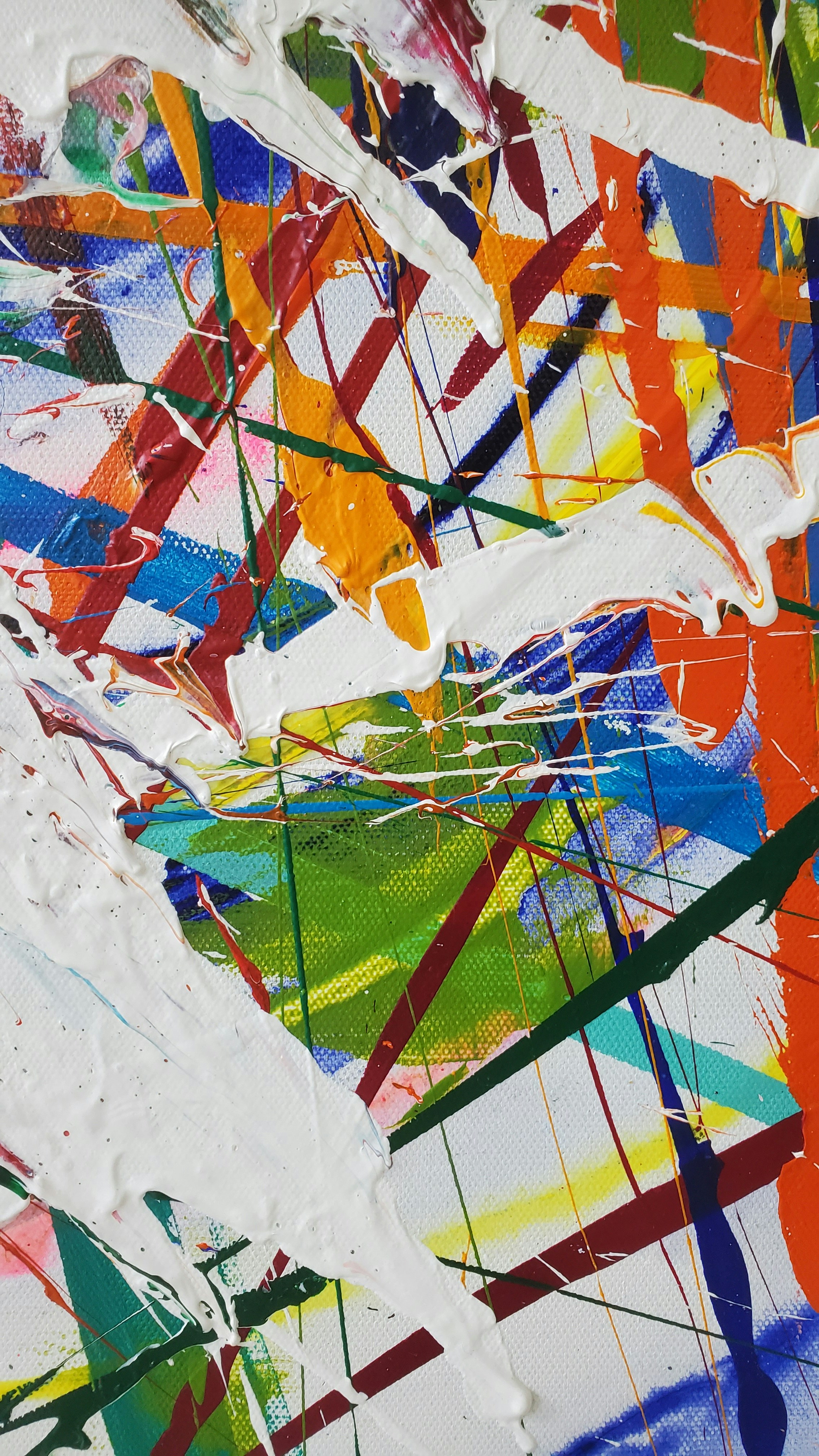
Why do people feel hatred towards others?
Anastasia Bestmann
What Makes Us Think Poorly of Others?
We often assume we can predict people’s behavior. If Lisa has been late nine times, we’re convinced she’ll be late again. But the truth is, every time she shows up, there’s a 50/50 chance she might actually be on time.
If we can’t even figure ourselves out sometimes — how can we be so sure about what someone else will do next? People are unpredictable. We have free will, we grow, we change.
Take falling in love, for example. In the early stages of a relationship, people often feel like they just know what the other person is thinking and feeling. But sooner or later, reality sets in — and the disappointment can be huge. Or think of negotiations: people make verbal agreements, only to realize later that everything was understood completely differently.
A person is not a puzzle to be solved.
Each of us shows up a little differently every day. We only ever see a small slice of someone’s personality — just a glimpse of their full range of expression. And even that sliver is constantly changing. Most of who they are remains unseen. That leaves a lot of space for interpretation — and our minds hate empty space. So we start to fill in the gaps, often with assumptions, judgments, or negativity.
The challenge is to leave that space open — and resist the urge to fill it with guesswork. Instead indure this emptiness.
Because the moment we start filling in those blanks, we’re generating mental clutter. The truth is: unless someone tells us directly, we have no real idea what they’re thinking or feeling.
There are two metaphors I often use to help grasp this.
First, imagine a natural spring. If I cover it up with stones — my assumptions — the water can’t flow. But if I leave it open, the spring reveals itself in its own time and way.
The second image is a portrait. Picture painting someone’s face — full of detail and complexity. But instead of finishing it, you leave parts of it intentionally blank. You wait. You allow the person to fill in the picture themselves — maybe in a way that surprises you.
Negative Thoughts Drain Energy
We all know how draining it is to dwell in negative thoughts. People say, “It’s exhausting” — what they really mean is, “This is eating up all my energy.” But why?
Often, we criticize traits in others that we actually recognize in ourselves — traits we’re uncomfortable with or ashamed of. So we project them outward to avoid facing them inward.
Envy is especially draining. It highlights what someone else has or does — things we want for ourselves but feel we can’t have. That gap between desire and reality creates frustration.
Real-Life Example: Friendship
A client once came to me feeling left out by the women in her neighborhood. She was hurt that a particular neighbor didn’t seem interested in becoming friends. But as we dug deeper, she realized something surprising: she didn’t really want the friendship with that woman — she wanted what the neighbor had. Specifically, her talent for interior design. The client admired how warm and stylish the woman’s home was. What she really wanted was to learn how to do that. She was jealous — not lonely. And once she redirected her energy from feeling hurt to designing her own home, the longing for connection faded into the background.
When we uncover the real needs behind our negative thoughts, something powerful happens.
We stop wasting energy and start using it.
We expose limiting beliefs that keep us stuck — and then repurpose that emotional energy to create something real and meaningful. We don’t ignore the negativity — we transform it.


